On Bi Visibility Day 2018, we hear from our Secretary General on the discrimination and stigma she has faced as a bisexual woman and why we need to own being bi. Bi Visibility Day has been celebrated since 1999, in order to highlight the achievements of the bi community and tackle discrimination. The day, which takes place on 23 September, also marks the start of Bisexual Awareness Week, which runs until 30 September. If you have a story to share for Bisexual Awareness Week, drop us an email at contact@ifm-sei.org.

Have you made you mind up yet?
‘Aren’t you just confused?’ ‘You’re just greedy!’ ‘Have you made you mind up yet?’ ‘Attention seeker.’ These are some of the things that bi people encounter on an almost daily basis. Being bi is still widely seen as a joke, isn’t taken seriously and is associated with promiscuity. I’m not just talking about discrimination from the stereotypical closed-minded bigot here; many bi people experience this prejudice as much from within the LGBTQI community as outside of it. Whether through explicit discrimination or implicitly through lack of visibility or representation, bi folks often don’t feel welcome in the LGBTQI community and don’t fit in within hetero spaces.
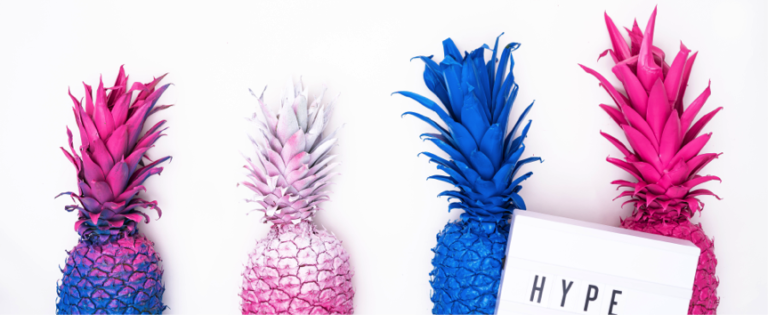
On stigmatisation
I often prefer to use the term queer as an all-compassing term for my sexual identity. Although I have been aware of my bisexuality for more than half of my life, I still don’t feel comfortable with identifying as bi. Why? Because of the stigma attached to the term, of feeling like my sexuality is invalid, and due to a lack of understanding about the bi identity. Let me explain: I’m attracted to people of different genders. At one point in time, I may have more relationships with someone of one gender, but I am still bisexual whether I’m dating a woman, a man or a person who is non-binary or genderqueer. This concept seems quite hard for some people to grasp - I haven’t ‘turned’ straight if I’m dating a man. I have also shied away from the term bi because I don’t want to be made to feel like I am betraying the queer community by being attracted to men, something I’ve been made to feel way too often.
We need positive bi role models
So why do we need bi visibility? According to the Office for National Statistics in the UK, it is thought that 0.8% of the British population are bisexual. What it also shows is that bi people are less likely to be out than gay or lesbian identifying folks, and that bisexuals suffer from a higher level of anxiety and are less happy than other sexualities. While part of this reason is no doubt the stigma and discrimination, I feel a significant part of this is down to the invisibility of bisexuality in daily life – this is known as bi erasure. How many openly bi celebrities are you aware of? We see very few bi characters or positive bi role models being presented in film, TV and other media. In education, both the formal and non-formal sectors, we often gloss over bisexuality and sexual fluidity even if LGBTQI is addressed as a topic.
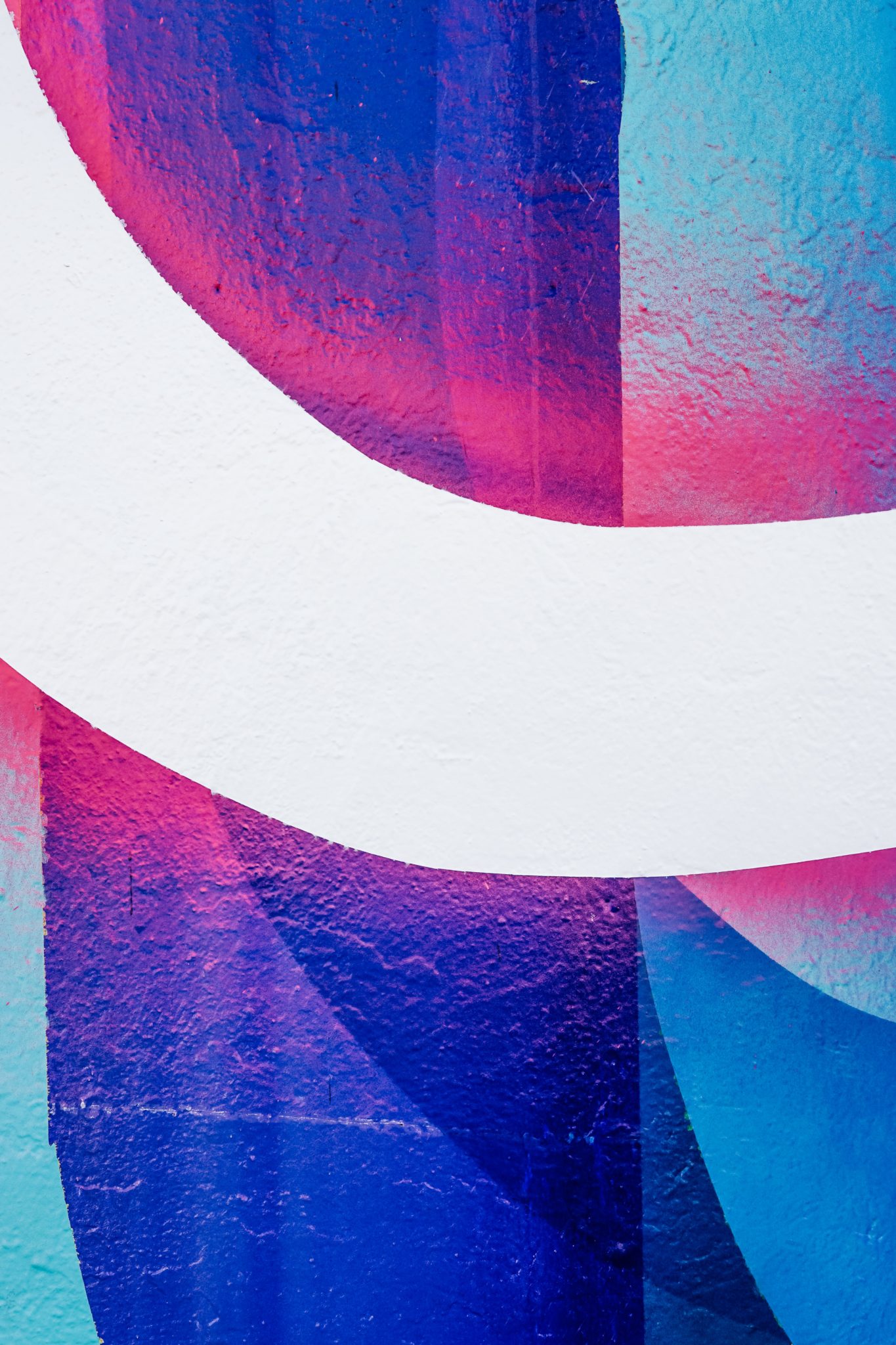
Bi for others?
In addition to the prejudice and discrimination bi people face on an individual level, the little bi representation in the media tends to be designed with a voyeuristic male audience in mind. This is particularly true in porn, which frames bisexuality as something existing for male pleasure. We also hear this is real life as well; sadly in some cases I’ve experienced this from male partners. The perception of bisexuality being for the purpose of male satisfaction is both demeaning and a form of erasure. There is a huge amount of bi slut shaming and an assumption that bi people are more promiscuous than their straight or gay counterparts. This is characterised by the ‘joke’ that bi people are greedy, something that is uttered almost without thought but as a bi person I’m quite tired of hearing. We are taught that bisexuality is a behaviour rather than an identity.
Embracing the bi!
So what do I want? I want my bisexuality to be accepted as my identity. I want there to be visible spaces within the queer community for bi folks, to celebrate our diversity and to be acknowledged. I don’t want my bisexuality to be questioned or to be viewed as a ‘joke’. I want young people to have positive bi role models with whom they can relate. I want us to really talk about bisexuality. I want everyone to be free to express their sexual identity in the way they wish without being judged. I want people to stop telling us that we’re just going through a transition period or experimenting. I want people to be proud of being bi.
Now is the time for me to embrace the term bi. Today I am speaking out as both a bisexual and queer. And, you know, it’s pretty awesome to be attracted towards people regardless of gender. We should celebrate this!
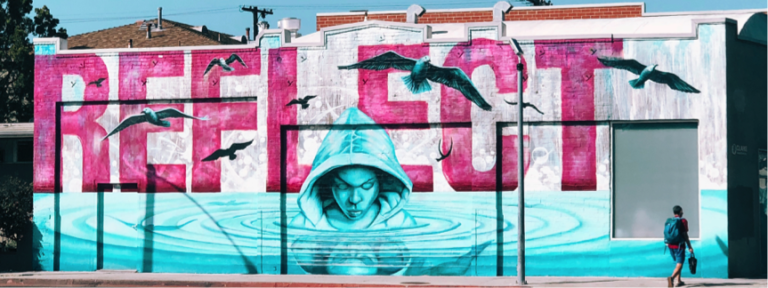
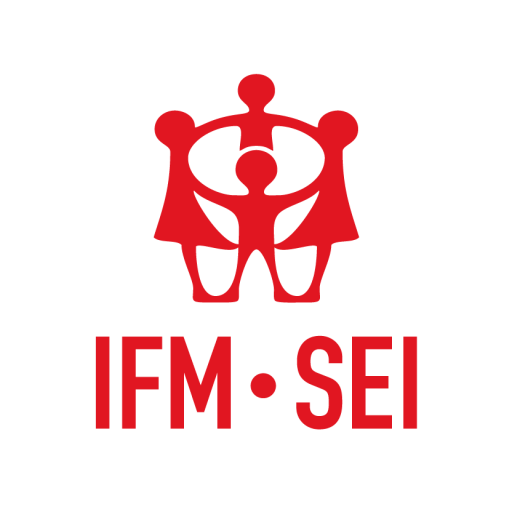
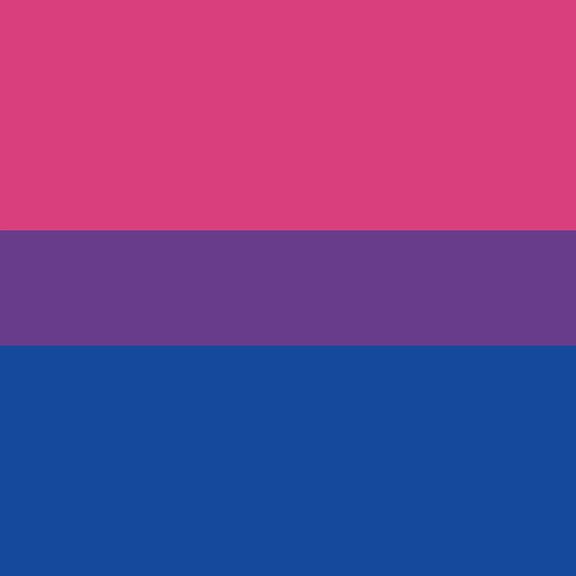
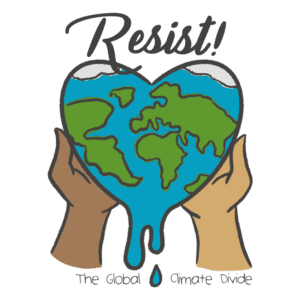
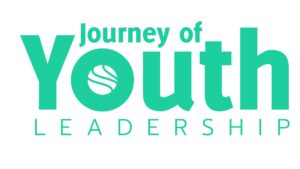
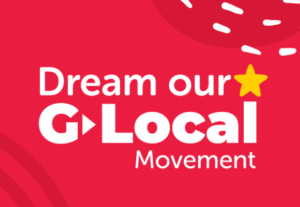
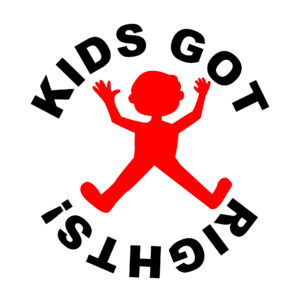

Comments are closed